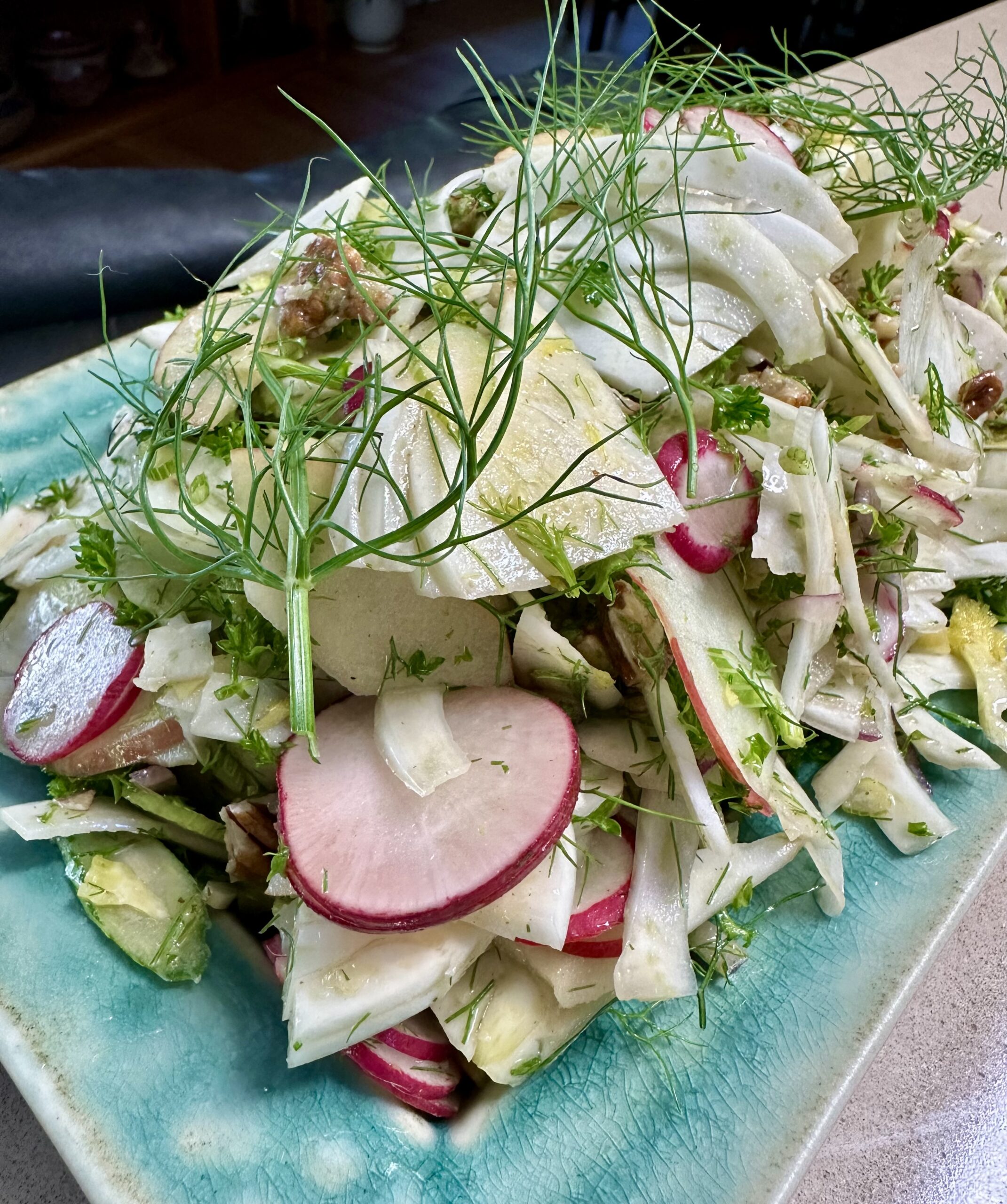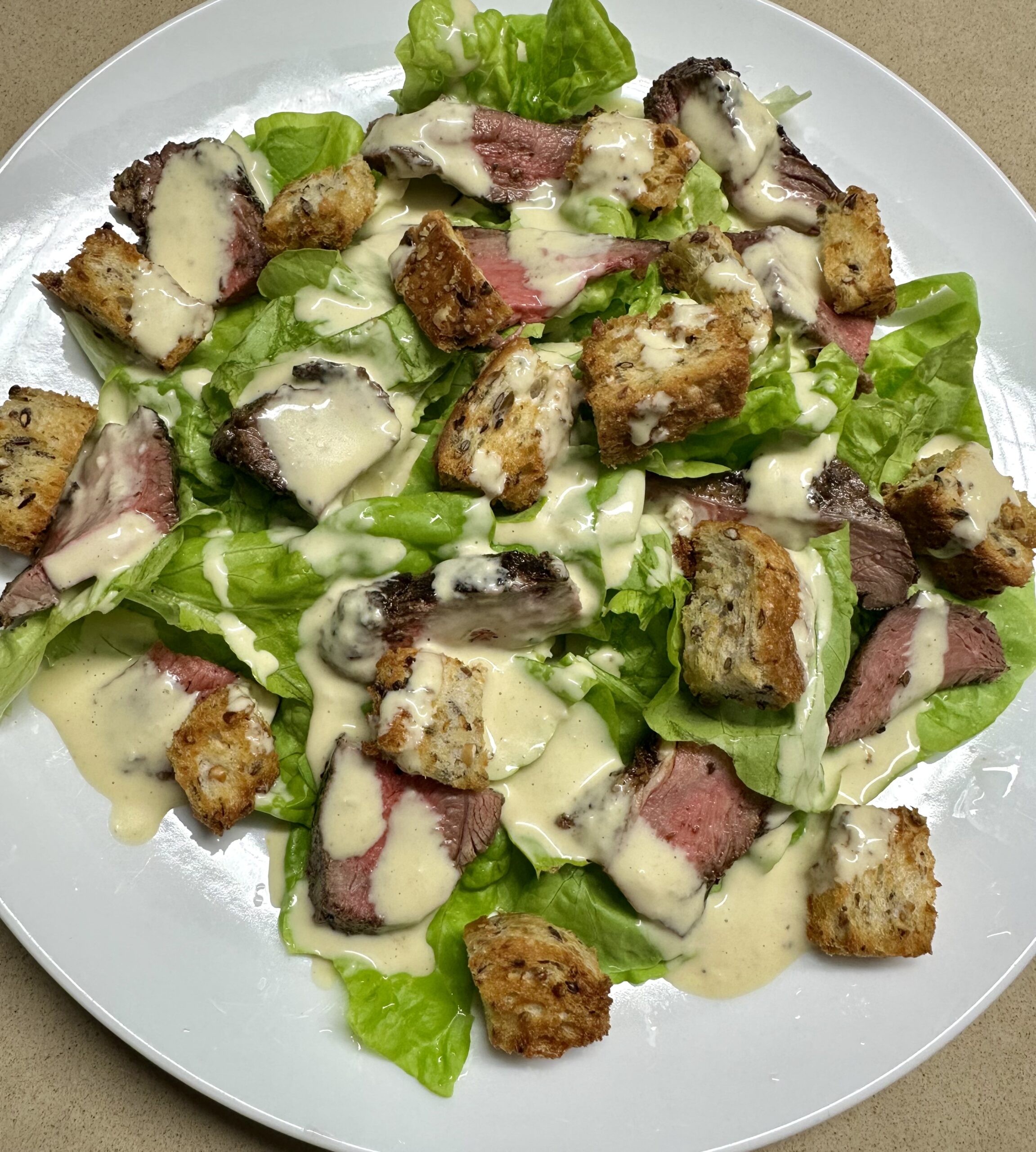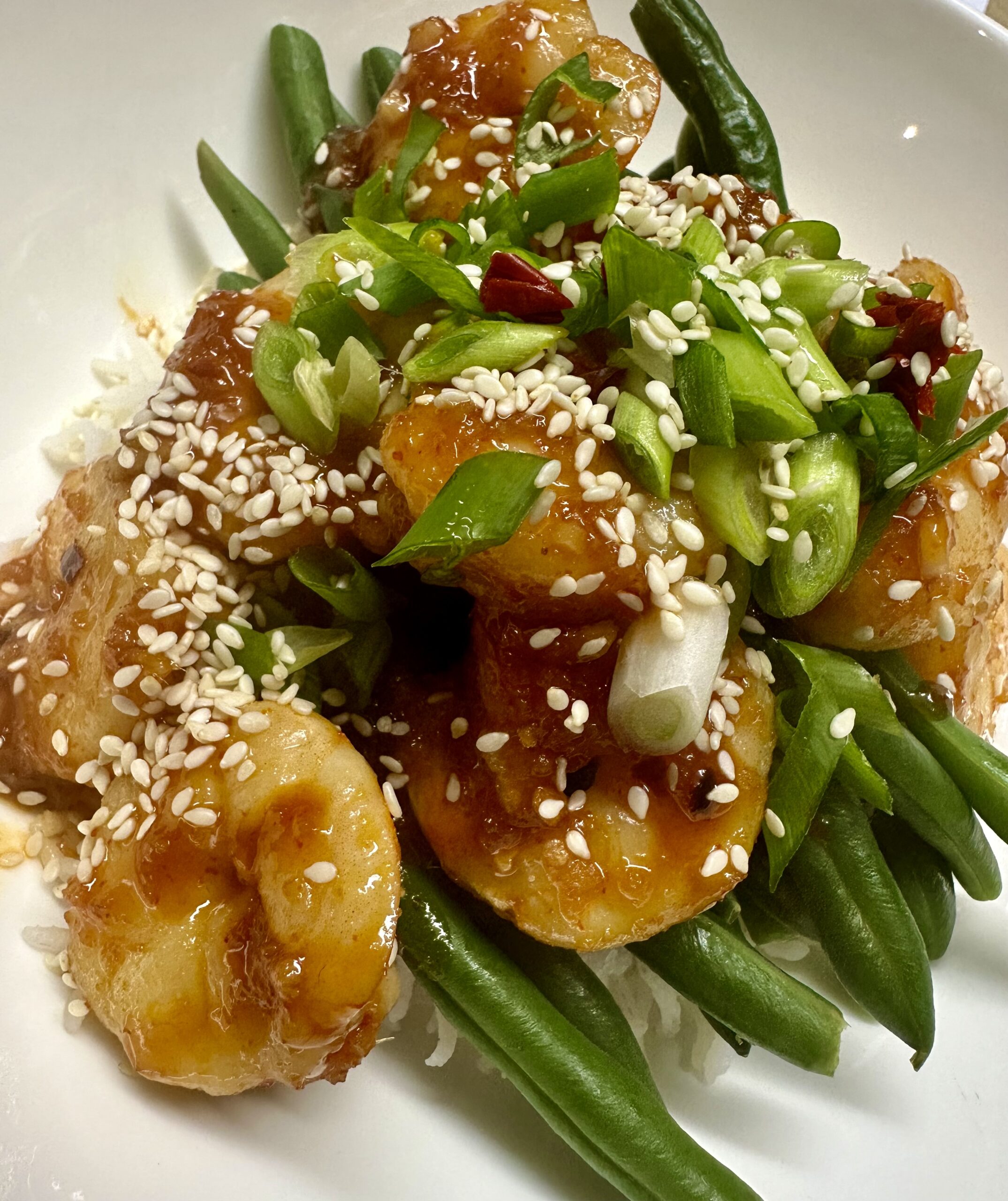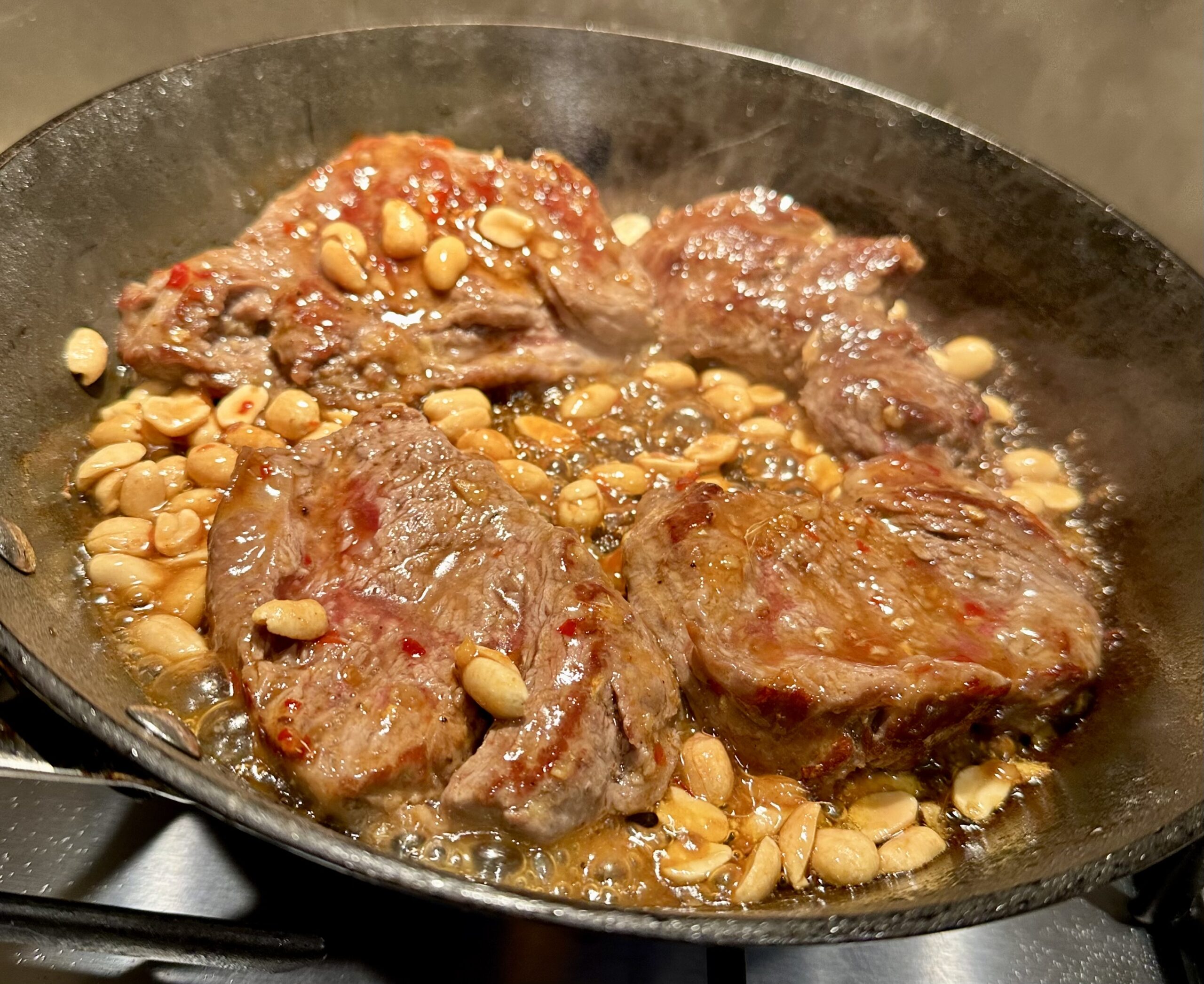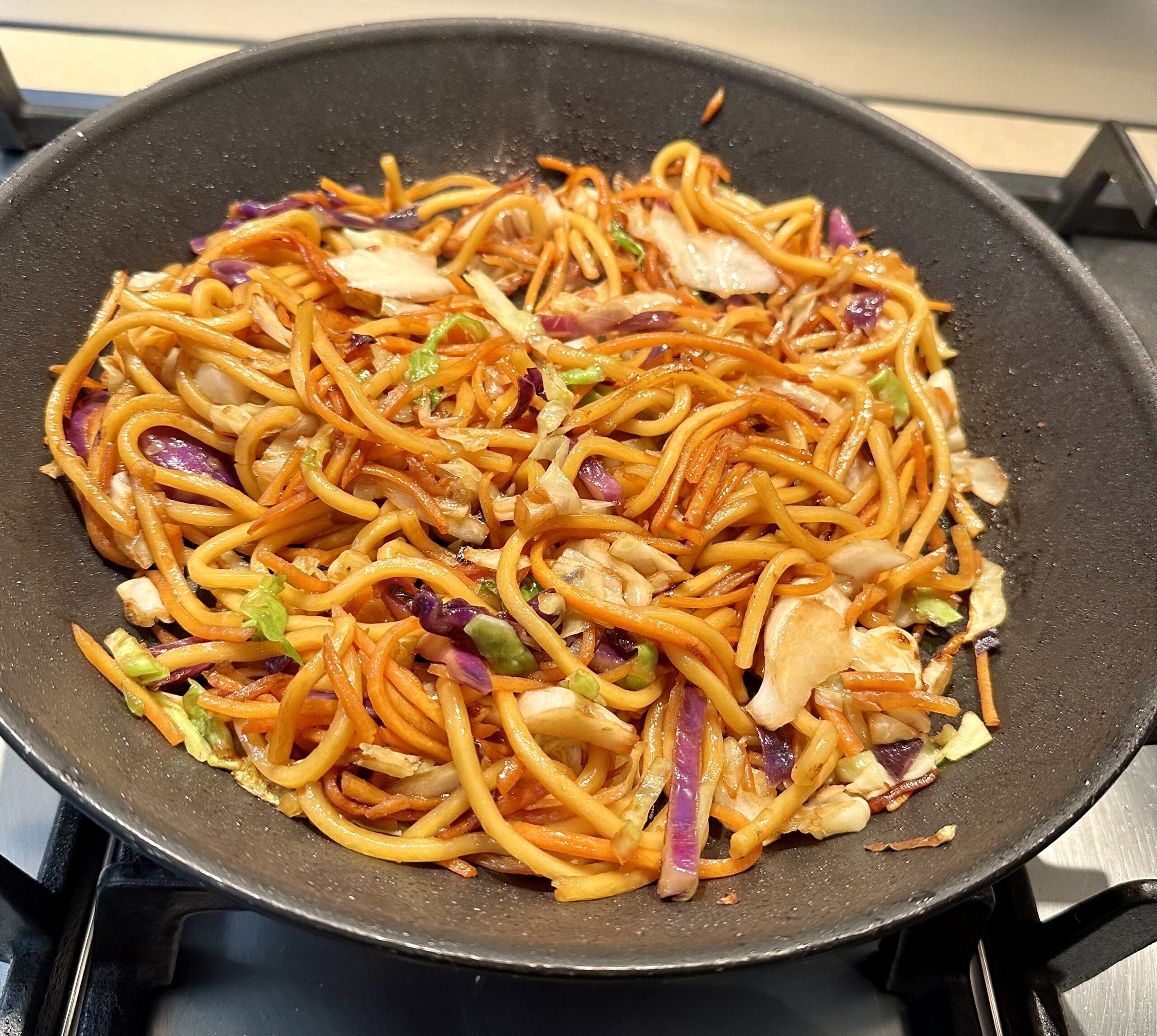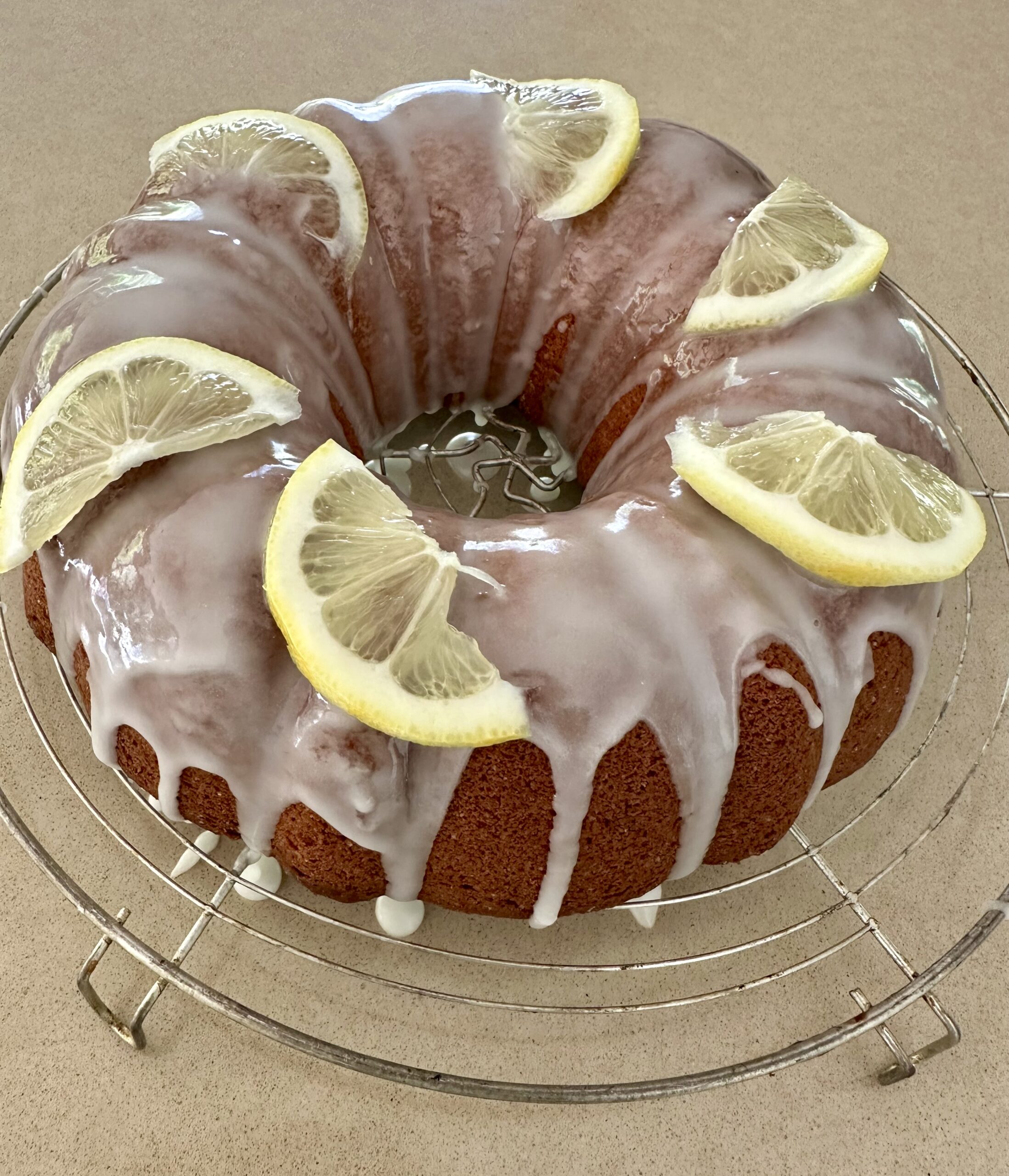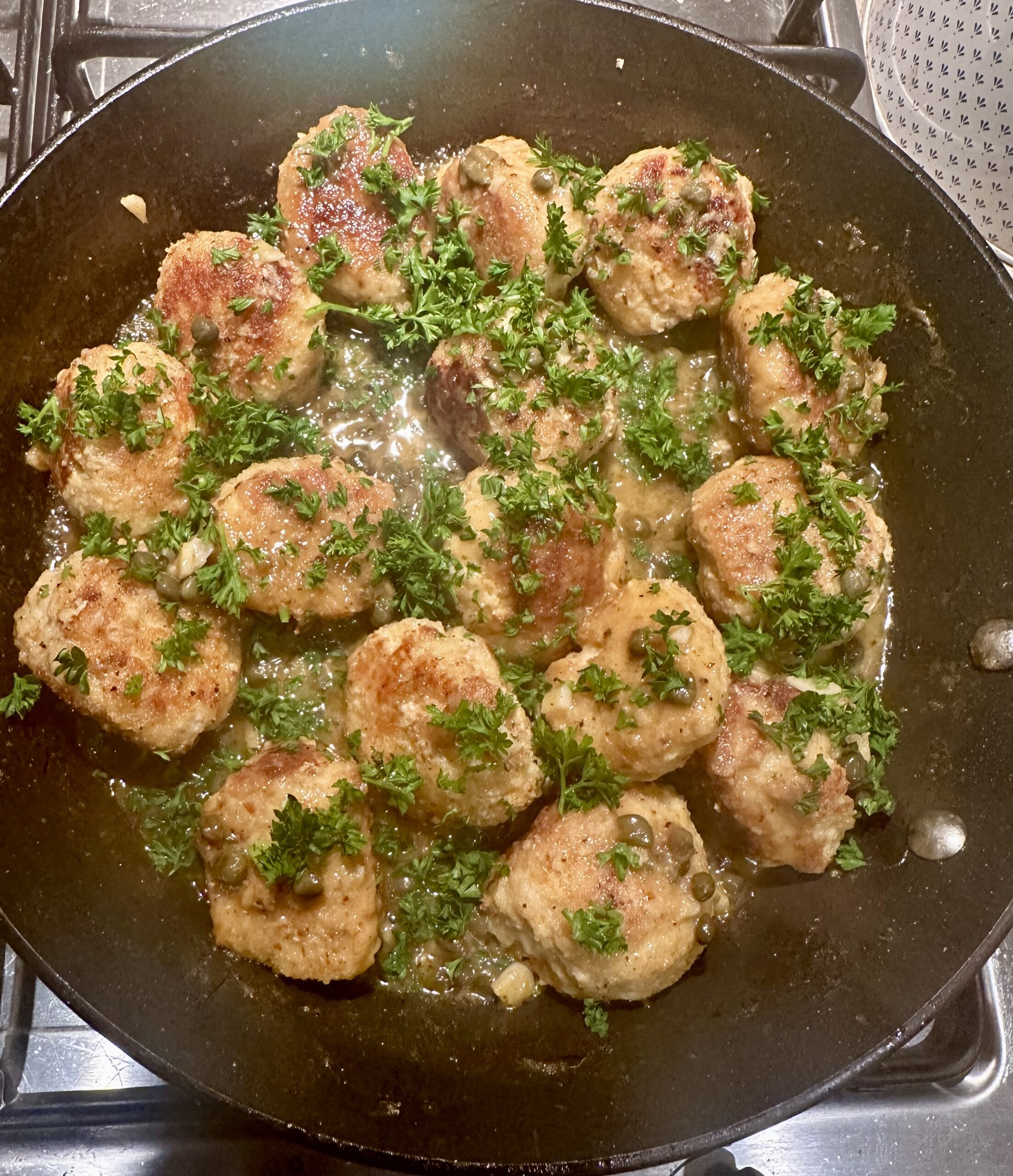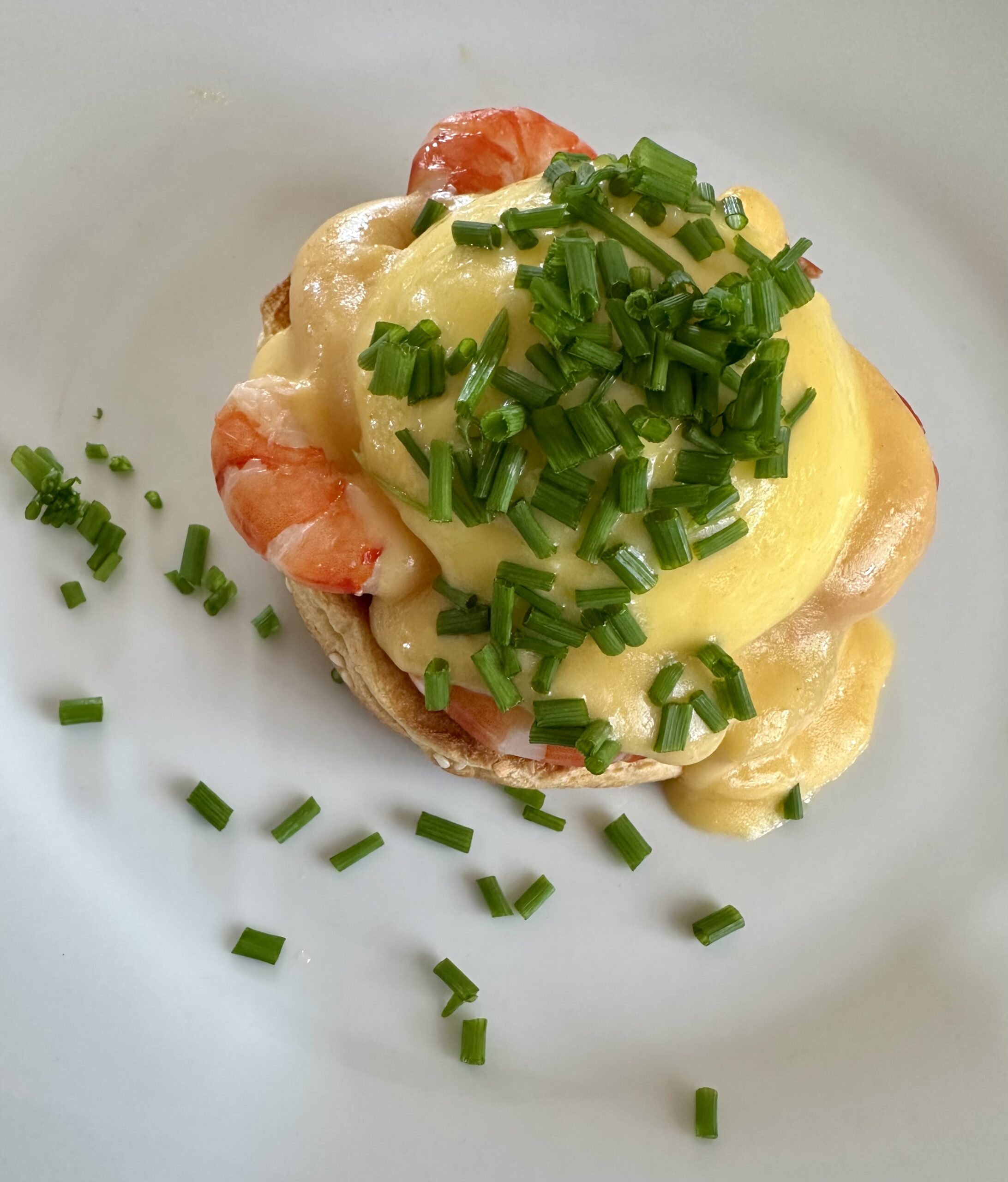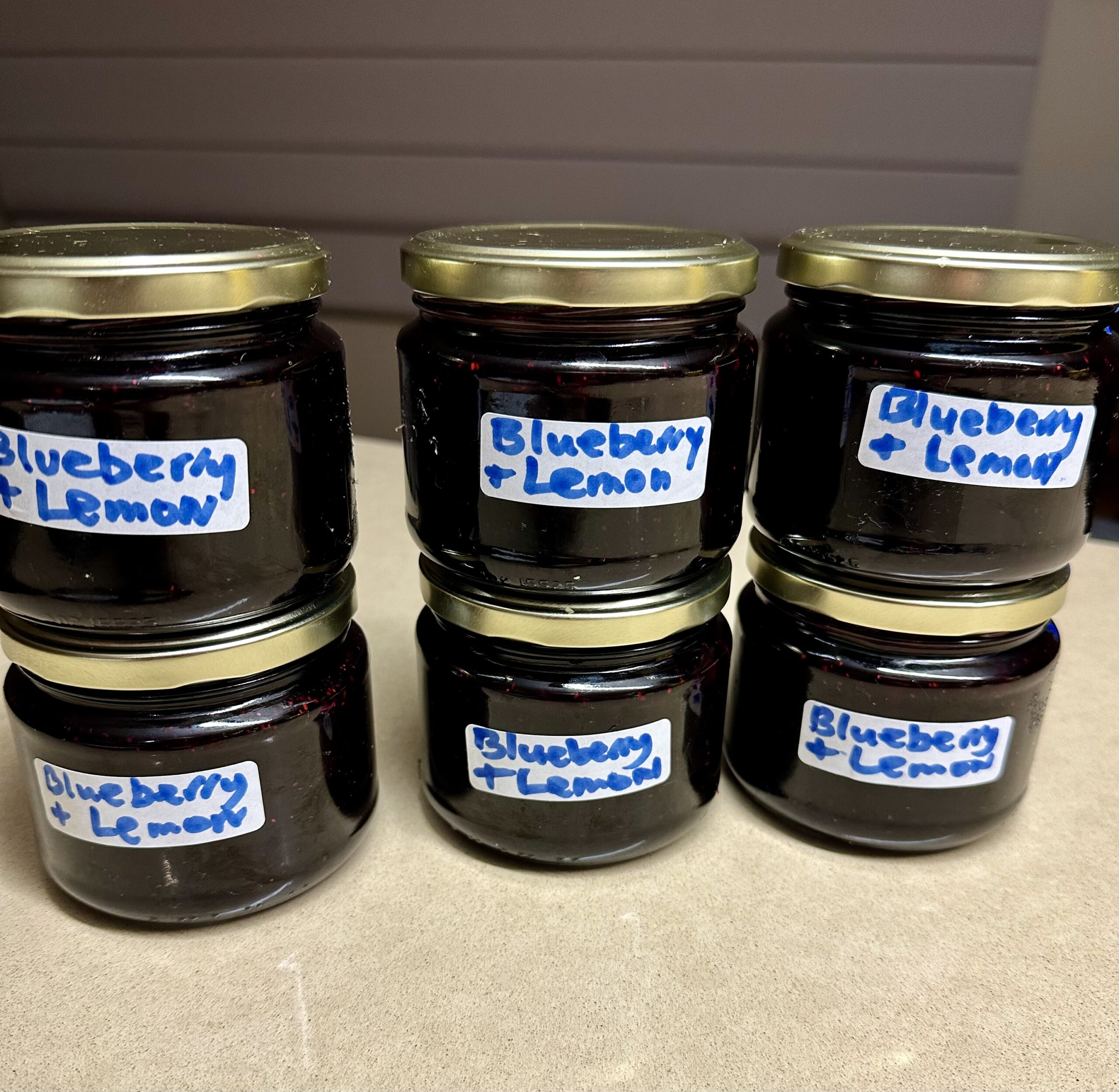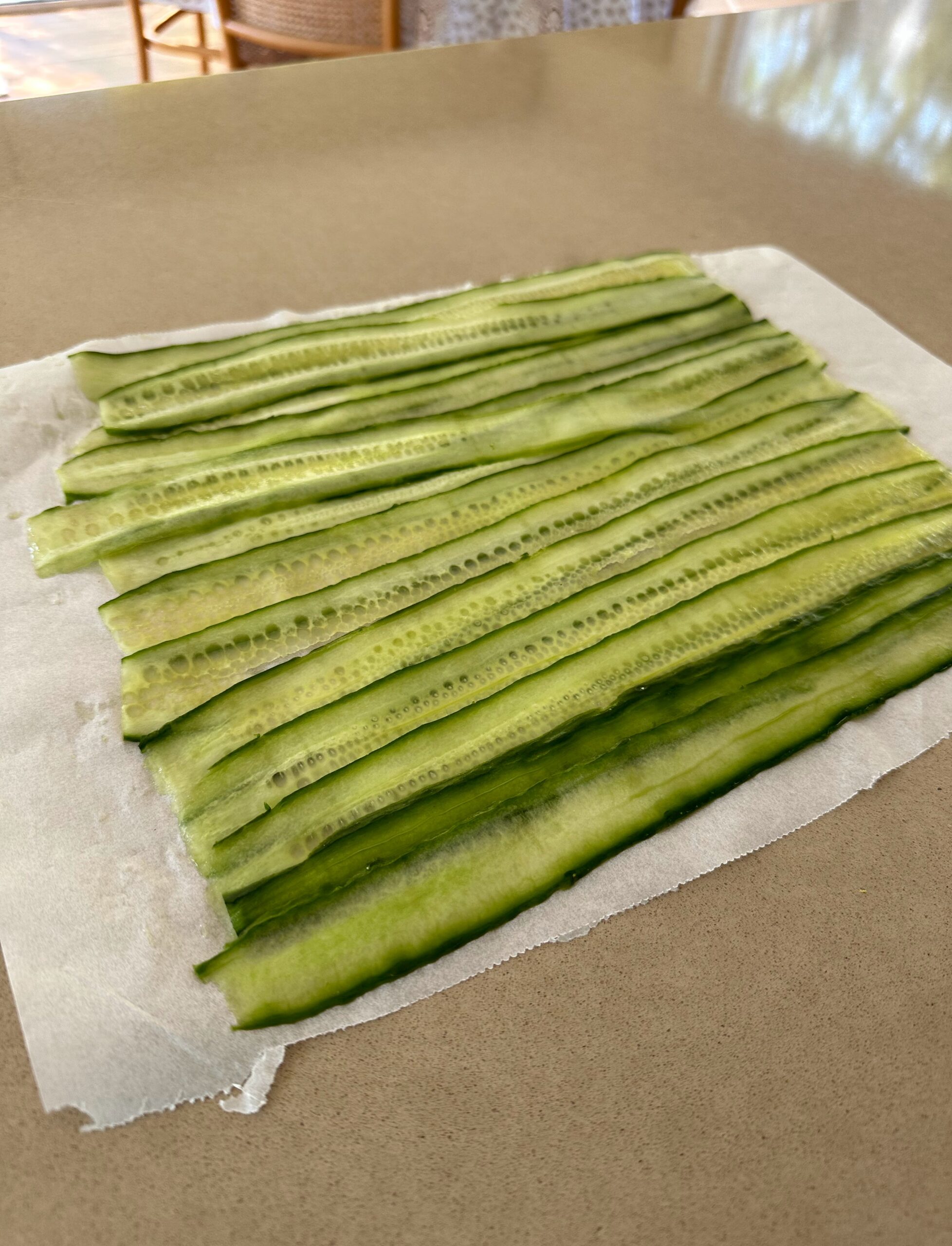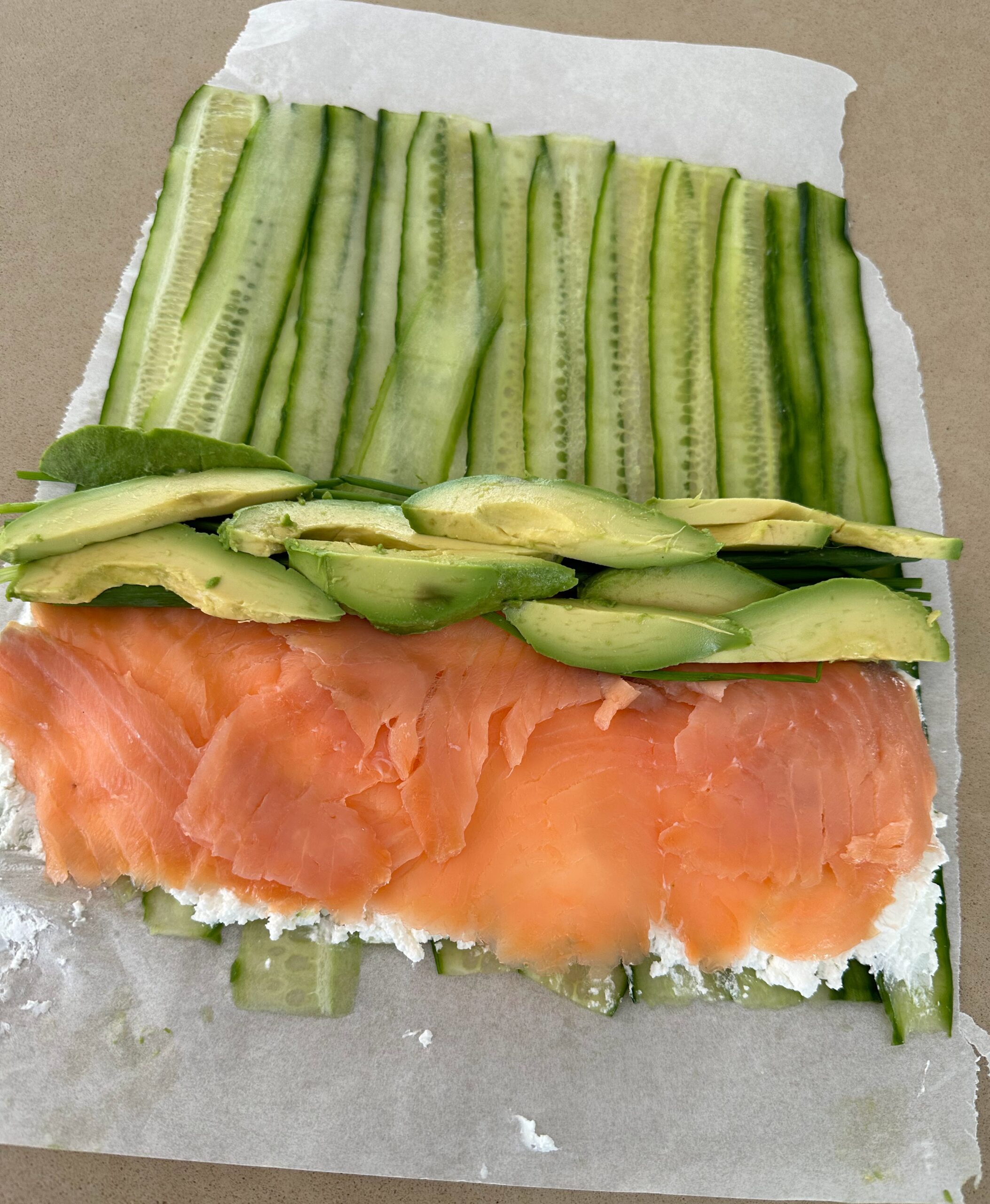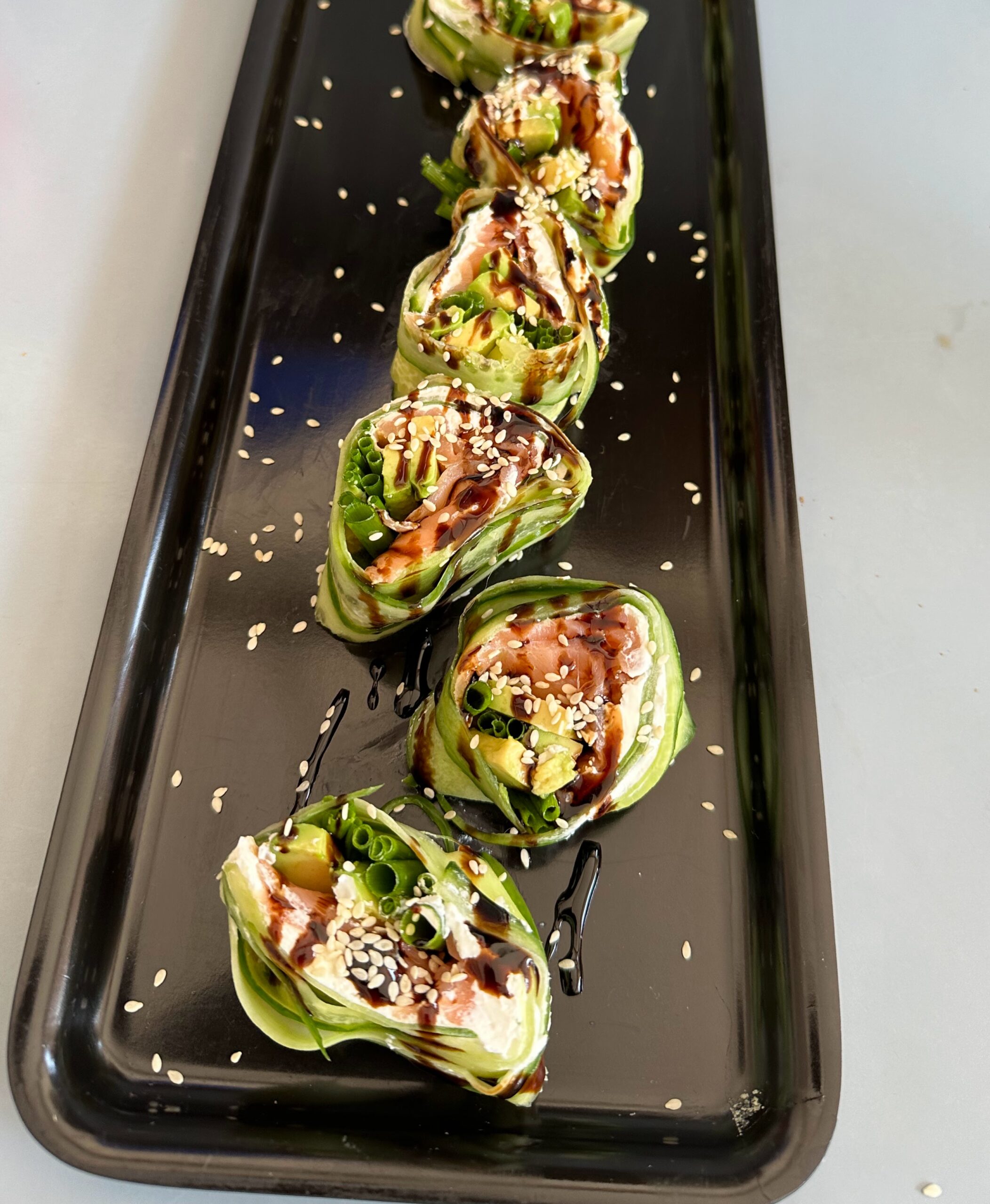Instead of the usual Spag Bol or Lasagne why not turn that half kilo of minced beef or lamb into a tasty curry?
Curries improve with keeping, so we had half one night and the rest a few days later. You could always eat some and freeze the rest.
I bought some frozen Roti bread from my local Asian shop. Just pop them in a hot frying pan, straight from the freezer. Cook for a couple of minutes each side until puffed and golden brown. Home-made fig chutney went well.
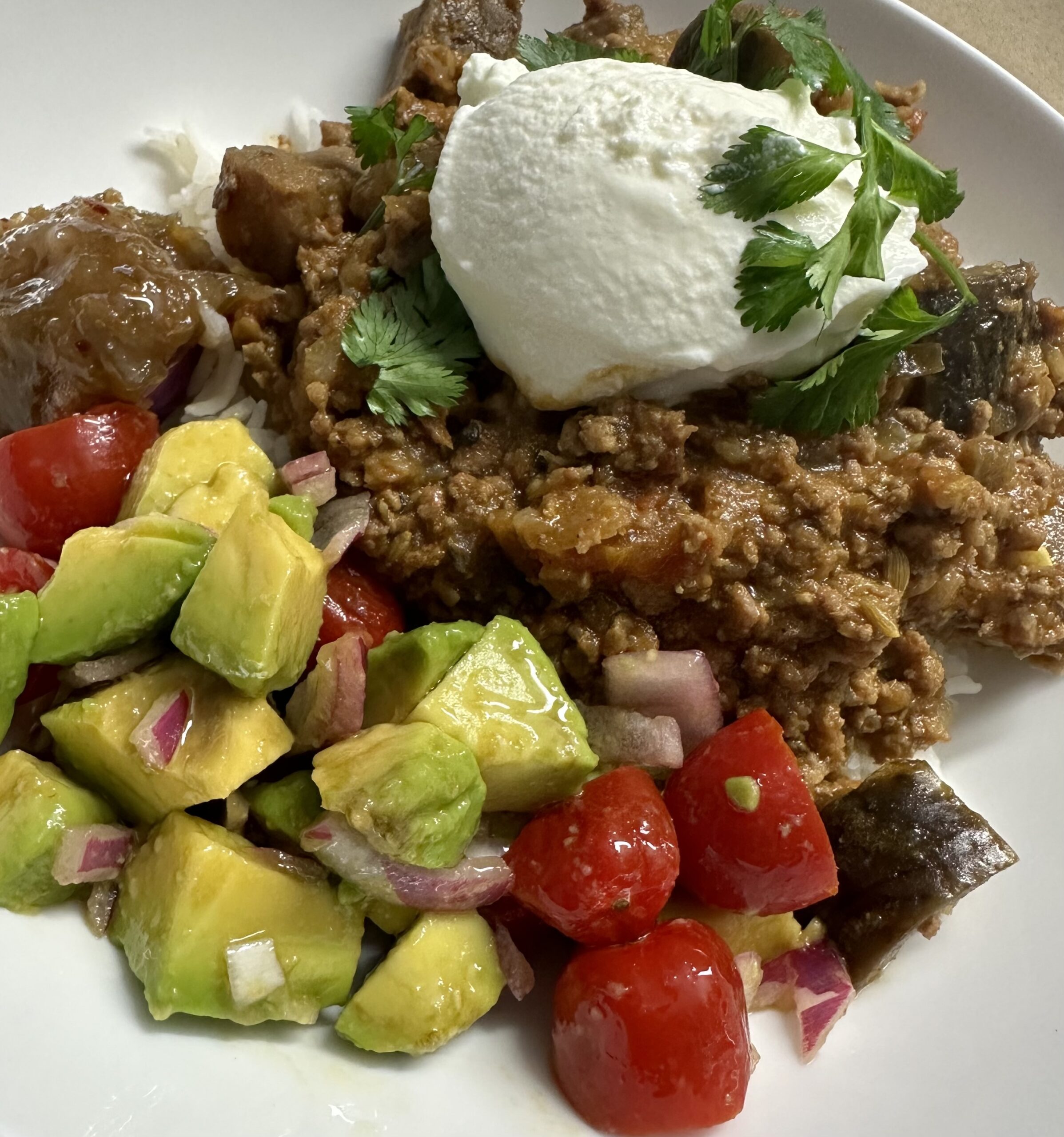
3 Tbs vegetable oil or ghee
1 large onion, finely chopped
2 cloves garlic, crushed
1 eggplant cut into 2cm pieces
500g lean minced beef or lamb
2 Tbs finely chopped fresh ginger
1 tsp each fennel seeds & chilli powder
½ tsp turmeric
¼ cup your favourite curry paste
½ cup water
3-4 tomatoes, peeled and roughly chopped
Salt and freshly ground black pepper, to taste
Salsa:
1 avocado, cut into 1cm cubes
1 small red onion, diced
2 tomatoes, cut into cubes (I used 8 cocktail tomatoes and halved them)
Olive oil, lemon juice, salt and pepper to taste
To serve:
Coriander, chopped
Plain yoghurt
Fruit chutney
Store bought Naan or Roti bread
Steamed rice
In a large frying pan heat the oil or ghee and add the onion. Cook, stirring often for 5-10 minutes over moderate heat until soft but not brown. Add the eggplant and garlic and continue to cook, stirring often, for 5 minutes. Add the mince and continue to cook, breaking up any lumps, until no longer pink. Add the spices and curry paste and cook, stirring for a further 5 minutes. Add the water and tomatoes, bring to the boil, then reduce the heat and simmer, stirring often, until thickened. Check seasoning. Can be made ahead to this point and kept in the fridge for 3-4 days or frozen for 1-2 months.
While curry is cooking make salsa by mixing all the ingredients together. You may need to add a bit more water to the curry, especially if it has been made ahead and kept refrigerated or frozen.
Serve the curry, garnished with fresh coriander, accompanied by a small bowl of yoghurt, some fruit chutney, steamed rice and the warm Indian bread.
Serves 4-6
